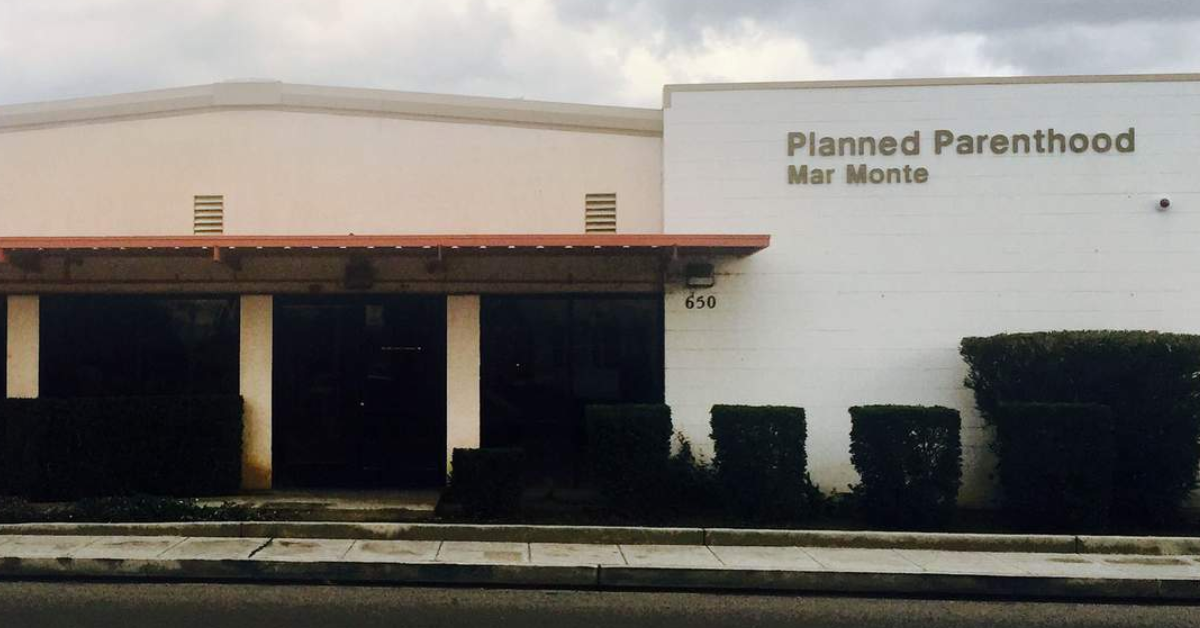Madera County agriculture firm Agri-Capital, Inc. has filed a lawsuit against Bitwise Industries, claiming the failed real estate and tech company is nothing more than a Ponzi scheme after its desperate sprint to raise cash via hard money loans.
Agri-Capital and its affiliated firm CA AG, LLC filed the lawsuit last Friday in the Fresno County Superior Court in an effort to recoup a loan solicited by former Bitwise co-CEO Jake Soberal.
The charges: Agri-Capital has filed 11 charges against Bitwise, Soberal former Bitwise co-CEO Irma Olguin, President Bethany Mily and board members Mitchell Kapor, Joseph Proietti, Paula Pretlow and Ollen Douglass.
- The allegations include fraud, negligent misrepresentation, breach of contract, breach of covenant of good faith and fair dealing and negligent supervision.
The backstory: According to the lawsuit, Soberal contacted Agri Capital CFO and majority shareholder Jim Maxwell on April 25 saying Bitwise urgently needed to raise $5 million in three days.
- Soberal said the need came from the Federal Employee Retention Credits that Bitwise had applied for and received for the 2022 year. Soberal told Maxwell that Bitwise sold the credits to another company before receiving the funds from the IRS, yet the IRS erroneously deposited the credits into Bitwise’s bank account.
- While Bitwise had $65 million in its bank account according to Soberal, the company was not able to use than money to repay the credits because of an upcoming $80 million investment deal with Goldman Sachs that required the company to keep $65 million on hand.
- Soberal also assured Maxwell that Bitwise was “financially well” and that the company had been recently appraised at $257 million, although Soberal, other executives and the board believed that the current value was $500 million.
- As part of the loan deal, Soberal offered his and Olguin’s personal stock shares in Bitwise as collateral, which were valued at $28 million and exclusive to Maxwell’s loan – not offered to any other lender.
- At Maxwell’s request, Soberal provided a document from Chase Bank showing that Bitwise had over $65 million in its account.
- Maxwell agreed to provide Bitwise with a $1 million loan on April 26.
- Shortly after agreeing to the loan, Soberal told Maxwell that another lender that was going to provide a $500,000 loan backed out, leading to Maxwell’s son, Brian Maxwell, funding a loan through his company CA AG. Soberal confirmed that Mily would pledge her personal stock shares in Bitwise as collateral for the loan.
- The loans were wired at Soberal’s request to the Chase account in the name of Bruce’s Bagels, Beverages, and Bites – a Bitwise subsidiary – at Soberal’s request.
The big picture: Bitwise’s financial troubles became clearer to Maxwell in the following weeks after agreeing to the loan.
- On May 16, an associate contacted Maxwell asking for his opinion on a potential $2 million loan to Bitwise, saying that the loan would be secured by Soberal’s and Olguin’s personal stock shares – the same shares that Soberal offered as exclusive collateral to Maxwell.
- When Bitwise furloughed its entire workforce of 900 employees on May 29, Soberal told Maxwell that the $65 million was “mostly gone,” being used to repay other investors. “[Soberal] essentially admitted that Bitwise was nothing more than a Ponzi scheme,” the lawsuit reads.
- The lawsuit also accuses Soberal’s representation of the IRS’s errant deposit of the tax credits of being false. Soberal allegedly received physical checks from the IRS for $6 million in January and deposited it into the Bitwise account, later going on to falsely tell the company that purchased the credits from Bitwise that the company had not received the money.
- The lawsuit also accuses the board members of failing to supervise and oversee Soberal, Olguin and Mily. Agri-Capital accuses the Bitwise board of creating and perpetuating an image of legitimate business practices while taking the loans to pay claims and other creditors to protect individual board members from personal liability. The lawsuit also alleges that the board new for months that Bitwise was in rough financial shape and that Soberal was soliciting fraudulent loans.
- “This action arises from the catastrophic demise of what was supposed to be one of Fresno’s great new start-up companies,” the lawsuit reads. “As it turns out, it’s ‘business plan’ was nothing more than a classic ponzi scheme rooted in the fraud and deceit by which its top officers, with the Board of Director endorsements, solicited money by crafting a false narrative of financial fortune and stability to lure in unsuspecting investors who believed in the company’s mission.”
- Agri-Capital is seeking nearly $4.5 million in damages, and CA AG is seeking over $2.2 million in damages.









